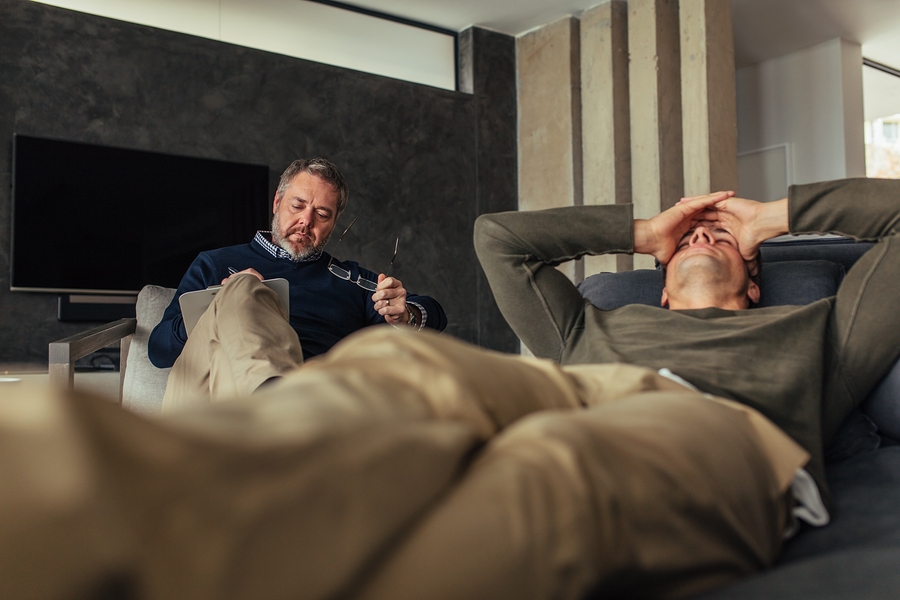
Depression is a problem that affects millions of Americans and can be especially prevalent among women. However, it is a significant mental health issue that can affect men deeply and in different ways than women. Because men and women experience depression differently, it is common for people to miss the signs of male-type depression.
Although women tend to have higher rates of depression overall, it is believed by many mental health experts that depression among men is underdiagnosed. Researchers are beginning to understand that male-type depression can involve a different set of symptoms that are not as easily recognizable. Men may also be less likely to report their depression or acknowledge their mental health problems in order to accept treatment.
Men often experience “covert depression” meaning that they are less likely to verbalize their symptoms or simply talk about their emotional issues. They also are more likely to express their depression through anger or aggression instead of the typical sadness, tearfulness and lethargy that people often associate with the illness. Men are often taught not to cry or express feelings of sadness when they are young because it is not considered masculine which can lead to suppressed emotions which may manifest as anger.
If men are struggling with depression it can be more difficult for others to tell as they may have trouble expressing their emotions. Many men turn to substance abuse as a way to cope with their depression because they need a way to self-medicate. It is important for men with covert depression to find treatment that helps them learn to verbalize their experience and release negative feelings.
Cultural and social expectations can make depression more problematic for men but with therapy they can begin to resolve some of their issues and minimize their symptoms over time.